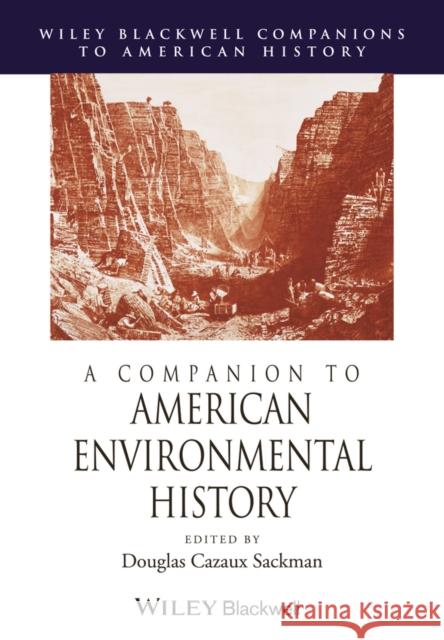A Companion to American Environmental History » książka
topmenu
A Companion to American Environmental History
ISBN-13: 9781118791417 / Angielski / Miękka / 2014 / 696 str.
A Companion to American Environmental History gathers together a comprehensive collection of over 30 essays that examine the evolving and diverse field of American environmental history.
- Provides a complete historiography of American environmental history
- Brings the field up-to-date to reflect the latest trends and encourages new directions for the field
- Includes the work of path-breaking environmental historians, from the founders of the field, to contributions from innovative young scholars
- Takes stock of the discipline through five topically themed parts, with essays ranging from American Indian Environmental Relations to Cities and Suburbs











